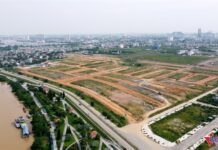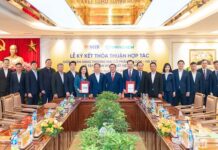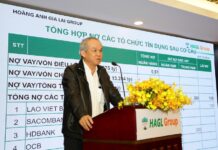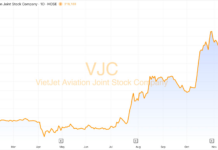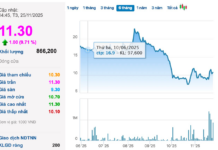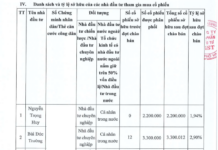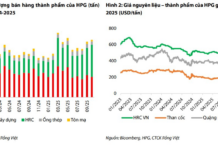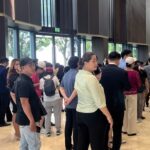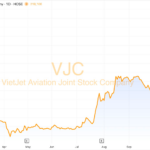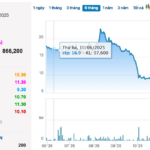Vietnam’s Ministry of Construction has recently unveiled a draft resolution aimed at regulating and curbing real estate price inflation, inviting public feedback. The proposed resolution seeks to address speculative practices, price manipulation, and enhance transparency in real estate transactions.
Under the draft, buyers of a second home can only borrow up to 50% of the property’s value, while for a third home, the loan-to-value ratio drops to 30%. All real estate transactions must be conducted through a state-established and managed trading platform. This measure aims to ensure transparency, facilitate transaction tracking, and curb price manipulation.
 The Ministry of Construction proposes that all real estate transactions must be conducted through a state-managed trading platform. |
Additionally, the draft encourages the development of affordable commercial housing to increase the supply of reasonably priced homes. Provincial authorities are required to allocate at least 20% of all commercial housing projects between 2026 and 2030 to this category. Developers will be selected without bidding, enjoy a maximum profit margin of 20% on total investment, and be exempt from social housing land allocation requirements. Buyers in these projects are prohibited from transferring sales contracts to prevent speculation.
However, the proposal for a state-managed real estate trading platform has sparked significant debate. Dr. Pham Viet Thuan, Director of the Institute of Natural Resources and Environment Economics in Ho Chi Minh City, argues that this model contradicts market economy principles.
He states, “If Vietnam aims to integrate and be recognized as a market economy, it cannot mandate all real estate transactions through a state-run platform. This not only infringes on citizens’ property rights but also risks creating vested interests.”
According to Dr. Thuan, no country globally operates a state-run real estate trading platform. Land use rights belong to the people, and transactions should be market-driven, with the state acting as a regulator through financial tools, particularly taxation. He advocates for administrative reforms and empowering the private sector as the core strategy, aligning with Resolution 68 of the Politburo on private sector development.
Instead of a state-run platform, Dr. Thuan suggests using real estate transaction taxes to curb speculation. For instance, a 20% tax on the sale price if sold within 12 months of purchase, 10% within 36 months, 5% within 60 months, and 2% thereafter. This approach, he argues, is straightforward, fair, and effective in reducing short-term property flipping without distorting the market.
He also emphasizes the need for a land price schedule that gradually decreases over time, treating land as a production resource rather than a speculative commodity. With reasonable land price controls and flexible transaction taxes, the real estate market will reflect true values, enabling more citizens to own homes and enhancing social stability.
“To curb speculation and control land prices, the most effective measure is taxing speculative behavior, not managing transactions through a platform or tightening procedures. A fair and transparent tax policy will ensure a stable and sustainable market,” Dr. Pham Viet Thuan concludes.
Report & Photo: Son Nhung
– 09:44 09/10/2025
Land Prices and the Strategic Vision of the General Secretary
“Land prices, susceptible to market manipulation and inflation, have become a pressing concern,” stated General Secretary Tô Lâm during a recent meeting with voters in Hanoi, sparking widespread discussion and debate.
Land Rush in Ha Tinh: Hundreds of Cars Flock to Rural Commune as Property Prices Skyrocket Daily
Following the announcement of the industrial zone planning in the western area of Ha Tinh province, hundreds of land speculators flocked to every corner and village in Toan Luu commune. This influx led to a surge in land transactions, causing property values to skyrocket daily.








